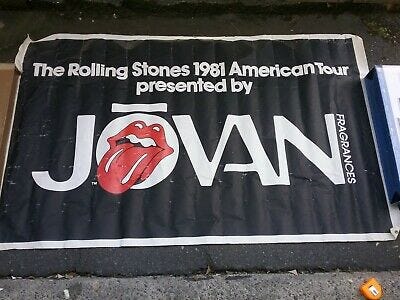New Endorsement Age
The Cadence 001
The Cadence is a newsletter discussing all things Music x Content x Brands, produced by Good Life Music and Content Curious.
We believe that the great reset to the music industry caused by COVID will usher in a new era where creativity sits at the head of the table and IP at the center of the conversation.
We intend to keep this Substack free for all of our global colleagues (i.e., you) and encourage you to share it. If you want to get in touch, email us: thecadence@contentcurious.com.
The New Endorsement Age
David Bowie, in one of his lesser personas, moved about a darkened laboratory donning glasses, bow tie, lab coat and a whisp of a ponytail as the propulsive beat of “Modern Love” played in the background.
Suddenly, his Pepsi spilled into the machine, igniting an explosion that results in — Tina Turner? The pair of pop megastars clasp hands and skip step under a giant neon Pepsi sign as the song’s lyrics “Church-on-time” were altered to reflect the cola’s slogan, “Choice-is-mine.”
The year was 1987, and Bowie wasn’t the only celebrity cashing in. With the 1980s money-powered monocultural in full swing, fan-favorites reveled in big bucks brand affiliations like Hulk Hogan hucking Honey Nut Cheerios, Bill Cosby pitching pudding pops and Michael Jorden inventing the sneaker game with the first Air Jordans while also flaunting his Hanes underwear.
Big-name musicians got in on the goldrush as well, and nobody questioned if Mick Jagger wore Jovan when the cologne sponsored the band’s massive 1981 U.S. tour. Or if Kenny Rogers actually preferred Dole pineapple when he wasn’t shooting a commercial dressed as a cowboy. And who knows, maybe Eric Clapton and Phil Collins did drink a Michalobe on special occasions.
But nothing came close to the rock and roller cola wars, with Don Henley and Van Halen joining Michael Jackson, Bowie and Turner on team Pepsi, while Elton John, Paula Abdul and Whitney Houston all batted for Coke.
Today, artists of all sizes find themselves considering brand alignments as influencer commerce and music culture look more and more alike on social media. For the biggest names — those suffering the largest loss in touring revenue (and with the largest entourages to keep employed) — affiliations seem likely to extend beyond the patronage model of cultural production perfected since the early 2000s by brands like Red Bull and back to the big bang endorsement deals of, say, the Travis Scott McDonald’s Meal.
Of course, Pepsi never really abandoned this model, continuing its 25-year run of celebrity musician endorsements, adding stars like The Spice Girls, Britney Spears, Beyonce and J Lo to the list. In the process, it proved that there’s no such thing as a bad affiliation, even after the Vatican condemned Madonna’s “Like A Prayer” ad and Kanye called out “George Bush doesn’t care about Black people.”
The company’s commitment to big-name endorsements has helped the Pepsi achieve dominance in internet search (7-to1 by one report) in the U.S., even while Coca-Cola dominates the rest of the global beverage market. Maybe that’s why Pepsi had Janelle Monae cover Bowie’s “Heroes” in a clip that aired in 100 countries with the hashtag #futbolnow during the 2014 World Cup.
Pepsi has also sponsored the Superbowl Halftime Show since 2013, bringing Lady Gaga, Bruno Mars and Justin Timberlake into the living rooms of red and blue states alike. This year, The Weeknd will headline the “most-watched music event on earth.”
It won’t be the Grammy battling pop star’s first dalliance with the brand, having licensed his song “Blinding Lights” for a Pepsi Vanilla ad titled “Dance Like Everyone Is Watching” back in March. That spot ran throughout the pandemic, but with COVID still compromising marketing budgets, it will be interesting to see what, if any, additional content comes out of the current arrangement.
One thing for certain is that with the music industry’s main revenue source shut off while touring poses a public health risk, you can expect to see endorsement deals flourish in the next 18-24 months.
And it won’t just be platinum musicians and Fortune 100 companies. Every artist with a faithful following is now being asked to invent ways to leverage that love into branded opportunities. Decisions will have to be made in terms of how many partners (and for how long). And with experiential out, it will be up to clever content to fill the branding bucket, however big it might be.
Some artists will get it right. Some will miss opportunities. And some will land flat on their faces. But nothing will be as gangster as Ray Charles singing both “Things go better with Coca-Cola.” (1969) and “Diet Pepsi, uh-huh!” (1991) in the same lifetime.


